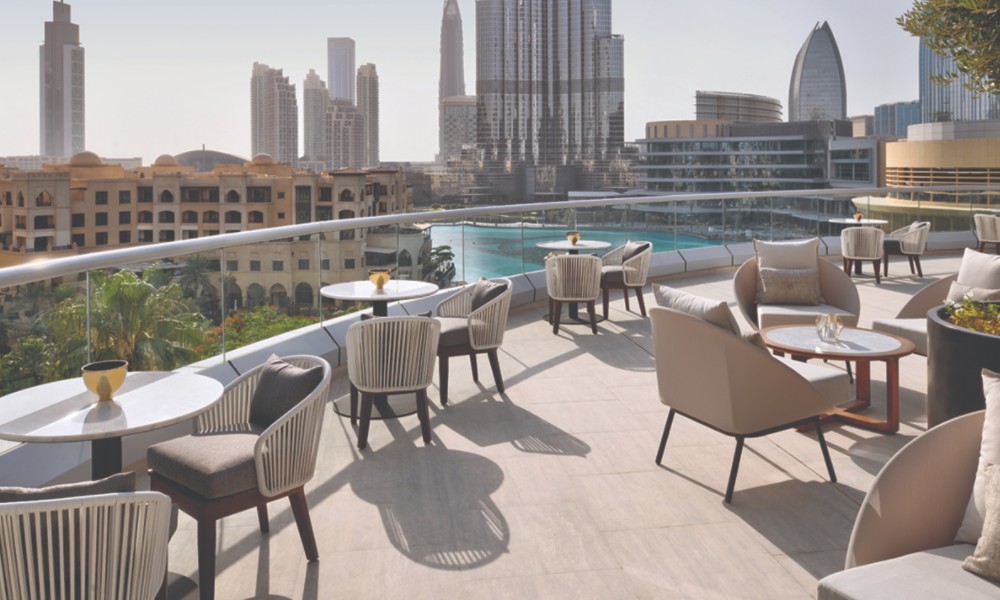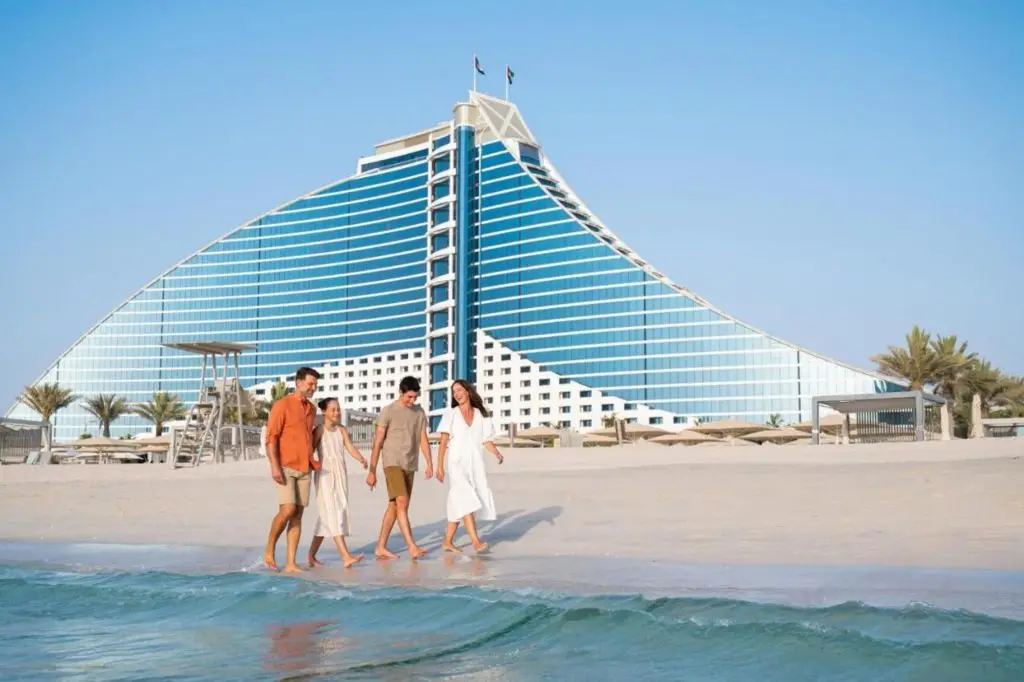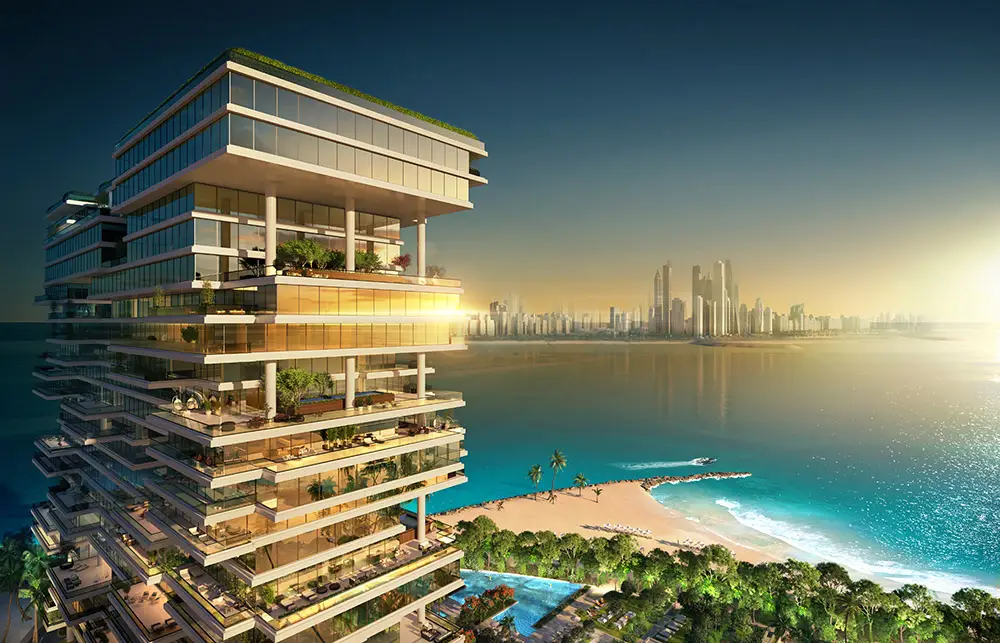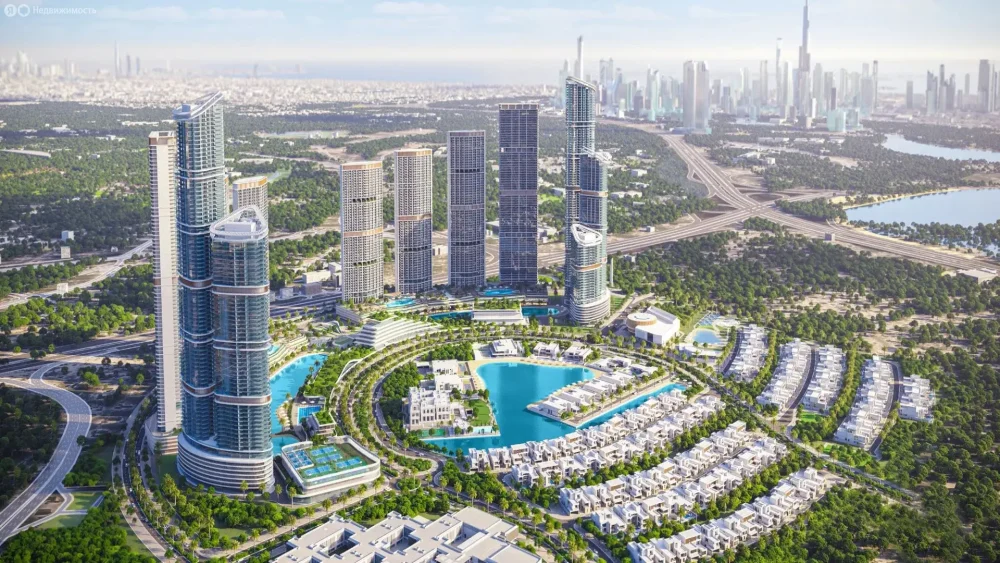Choosing a location is one of the main factors in a successful move to the UAE. Dubai’s neighbourhoods for living vary in atmosphere, cost, infrastructure and comfort levels. It is important to recognise where the rhythm of the city suits your style and where a residential investment really works for the future. This overview provides a guide to help you make an informed decision.
What’s important to know about Dubai’s locations before you relocate
The choice of neighbourhood in Dubai to live in determines the quality of daily life, surroundings, level of spending and access to opportunities. Skilful metropolitan planning has transformed the Sands into a flexible urban system where each cluster offers a unique balance between prestige, affordability and infrastructure.
Population density ranges from 3,000 people per square kilometre in Jumeirah Village Circle to less than 1,000 in Emirates Hills. This difference creates different lifestyles, from buzzing activity to measured seclusion.
A list of Dubai neighbourhoods for a comfortable life
 Analyse each one to make an informed decision. The Emirate has something for just about everyone.
Analyse each one to make an informed decision. The Emirate has something for just about everyone.
Downtown is not just a centre, but a business magnet
Dubai’s neighbourhoods for living are often associated with Downtown. The business centre offers not only luxury but also well thought-out infrastructure. Its proximity to the Burj Khalifa, Dubai Mall, DIFC financial district, schools, metro and Sheikh Zayed Road makes it a powerful point of attraction for top managers and investors.

Here, the average price per square metre reaches $5500-6500 for premium housing. One-bedroom apartments range from AED 1 million to AED 1.5 million. The proximity to the business cluster saves time on travelling and creates a rich social environment.
Dubai Marina – the rhythm of water and glass
Dubai’s neighbourhoods for living include Marina, the epicentre of vertical lifestyle. Access to a yacht harbour, promenades, beaches, cafes and fitness clubs makes it a hybrid of resort and urban environment.
The dense development forms an active social fabric. A high proportion of expats – around 80%. Housing is predominantly in the format of high-rise towers with panoramic views.
The average cost is about $1500 per square metre. Steady demand makes the location one of the best areas in Dubai for property investment. High liquidity and stable rental flow provide yields of up to 7% per annum.
Jumeirah: tradition plus status
Comfortable neighbourhoods in Dubai include Jumeirah, a quiet, upscale sector with villas, diplomatic residences and public schools. It is home to many long-term residents and wealthy families.
Housing is predominantly low-rise villas and townhouses. The cost – from 4.5 to 8 million dirhams per object. Advantage – low density, access to the sea, prestigious schools.
The location is appreciated for its quietness, stability and well-established infrastructure: medical centres, private beaches, private clubs, boutiques. It is one of the most popular neighbourhoods among those who choose to live with an emphasis on quality and privacy.
Where to live in Dubai economically but comfortably
When budgets are tight, the answer often leads to the JVC, Discovery Gardens, Al Barsha and Dubai Silicon Oasis locations.
Each of these sectors offers affordable housing, advanced logistics and proximity to the city’s main arteries. For example, in JVC, rental rates for a one-bedroom flat start from AED 45,000 per annum.
Transport accessibility, supermarkets, parks and schools all make the locations convenient for both relocation and long-term residence.
Popular locations where expats live
Dubai’s neighbourhoods for living are sought after by expats around the world. Dubai Marina and JLT are home to professionals from Europe and Asia, Downtown and Business Bay are chosen by top managers, Palm Jumeirah by business owners and investors.
Resident profiles vary:
- Al Furjan and Mirdif are dominated by couples with children.
- at Arjan and Motor City – young professionals.
- in Arabian Ranches – representatives of top management and IT sector.
Foreigners choose the best neighbourhoods in Dubai to live in based on a combination of cost, infrastructure and atmosphere.
How to choose a neighbourhood to live in Dubai
Choosing a location is not about “where it’s nice”, it’s about strategy. What matters here is not the view from the window, but how much the neighbourhood works for you – every day, every minute.

Specific parameters are taken into account when choosing a location:
- Infrastructure: availability of schools, medical centres, shops, parks, fitness clubs.
- Transport: proximity to metro, major roads, time to airport.
- Type of development: apartments, villas, townhouses.
- Property cost: from $1000 to $6500 per sq.m. depending on location.
- Yield: rental yields from 5% in budget neighbourhoods to 8% in premium sectors.
- Social environment: proportion of expats, noise levels, safety.
- Growth potential: infrastructure projects, development plan, proximity to EXPO City Dubai and Al Maktoum Airport.
Not every parameter is immediately visible, but it is in the nuances that comfort for years to come is hidden. Proper analysis is the difference between a spontaneous purchase and a precise decision.
Peculiarities of buying property for living in different areas of Dubai
Dubai’s lifestyle neighbourhoods provide a different income model for the investor. Downtown and Marina provide quick rentals, JVC and Sports City provide access to the mass segment and Palm Jumeirah provides stability for premium demand.
The minimum purchase threshold for a resident visa is AED 750,000. Liquid studios are available in JLT, Al Furjan, IMPZ. In the premium segment, demand for The Palm, Dubai Hills, Bluewaters is stable due to limited supply.
Moving: how to reduce mistakes at the start
Moving requires precise calculation. A major mistake is to ignore the atmosphere of the place. For an active life, Marina and Business Bay are suitable. For a family – Jumeirah and Arabian Ranches, for remote work – Dubai Hills and Al Barari.
The primary analysis includes not only cost, but also price dynamics, logistics, and atmosphere. The choice between a flat in a tower and a villa in the suburbs depends on the rhythm of life, family composition and goals.
Conclusions
 Dubai’s neighbourhoods for living vary. Marina – speed. Jumeirah – status. JVC – affordability. Downtown – energy. Each cluster hides a certain style of thinking. Successful choices are not based on emotions, but on numbers, forecasts and goals.
Dubai’s neighbourhoods for living vary. Marina – speed. Jumeirah – status. JVC – affordability. Downtown – energy. Each cluster hides a certain style of thinking. Successful choices are not based on emotions, but on numbers, forecasts and goals.
 en
en  de
de  ar
ar  es
es  hi
hi  fr
fr  nl
nl  it
it  pt
pt  el
el 









